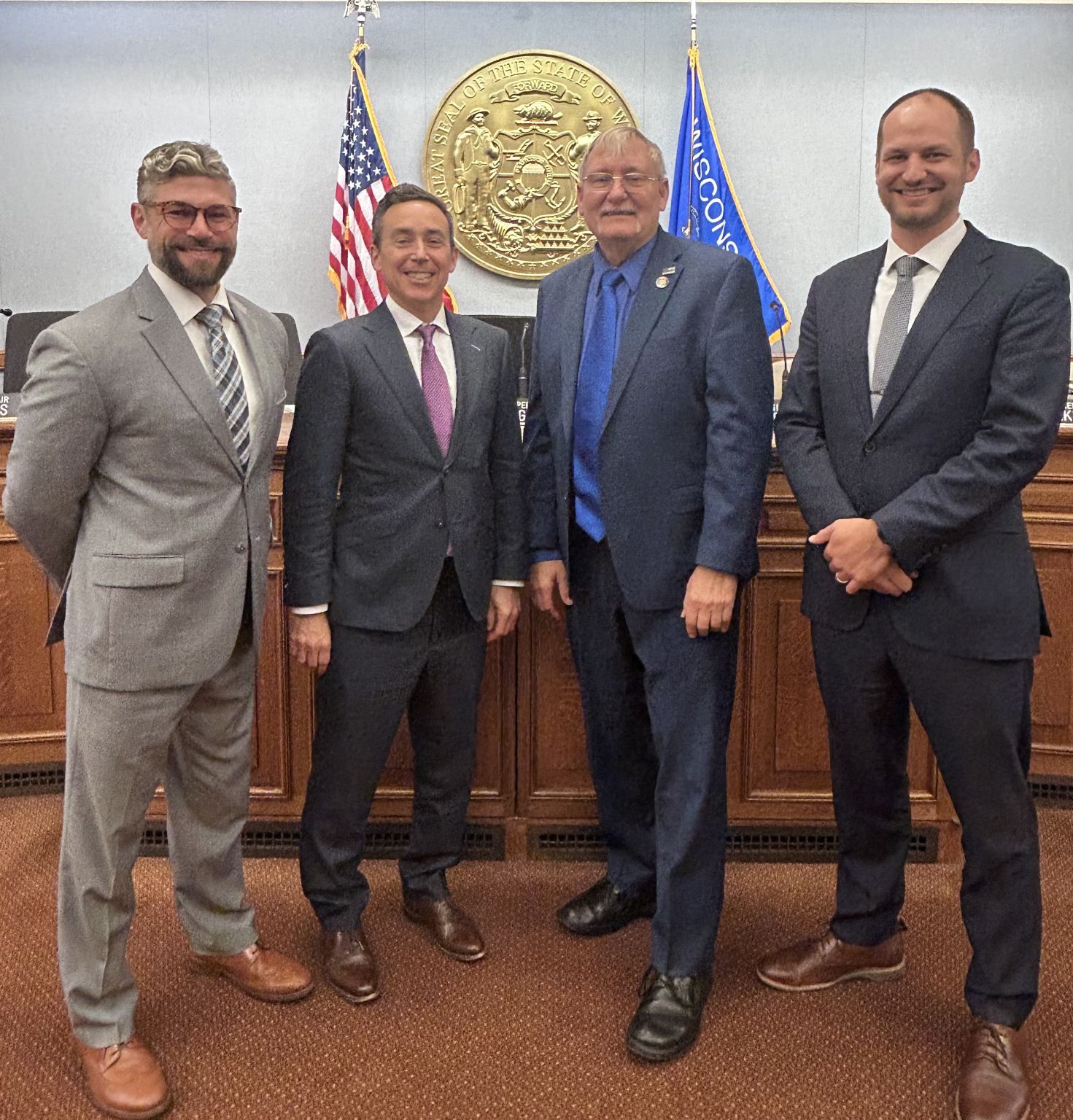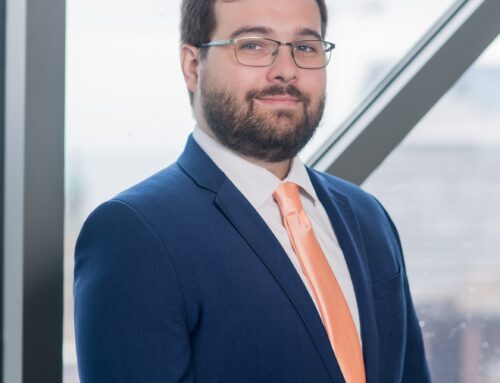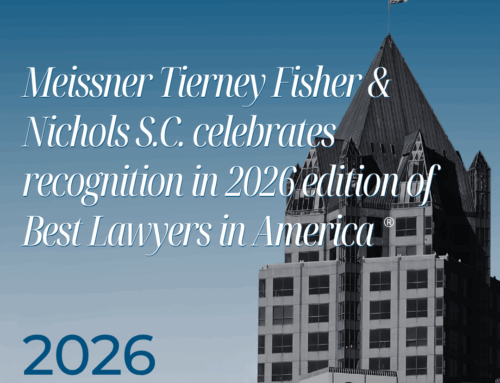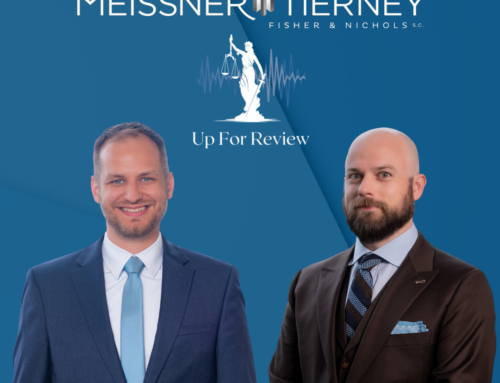On October 22, 2025, MTFN appellate and commercial litigation attorney Caleb R. Gerbitz testified before the Wisconsin State Senate’s Judiciary Committee on behalf of the Wisconsin Defense Counsel. His testimony was in support of Senate Bill 459, which will amend Wisconsin’s rules governing the admissibility of expert testimony to mirror recent revisions to Federal Rule of Evidence 702. Below is a written summary of Caleb’s testimony which was submitted to the committee:
On behalf of the Wisconsin Defense Counsel, John Pinzl of the law firm of von Briesen & Roper, S.C. and Caleb Gerbitz of the law firm of Meissner Tierney Fisher & Nichols S.C. express their support for 2025 Senate Bill 459.
For a decade and a half, Wis. Stat. § 907.02(1) has directed state court judges to ensure that expert testimony is sufficiently reliable before allowing it to be presented to a jury. In exercising this gatekeeping function, circuit courts must evaluate whether the proposed expert testimony is “based upon sufficient facts or data” and is “the product of reliable principles and methods.” Section 907.02(1) has been a success, significantly clarifying the circuit court’s role when deciding the admissibility of expert testimony.
This legislation is simply the next step in § 907.02(1)’s development. It clarifies two small but important points. First, it provides that the party seeking admission of expert testimony has the initial burden to show that the proposed testimony is sufficiently reliable to present to the jury. Second, it clarifies that each of the proposed expert opinions must individually meet the threshold of reliability before that opinion may be presented to a jury.
Neither of these revisions is groundbreaking. In fact, both proposed revisions reflect how § 907.02(1) is most often (though not always) applied in Wisconsin courts. By expressly clarifying these two points, Senate Bill 459 will make it easier for circuit courts to determine which party bears the initial burden to show admissibility and what that party must do to meet that burden.
Senate Bill 459 will also achieve the following benefits:
- Consistency with Federal Law. When § 907.02(1) was adopted, it was patterned on Federal Rule of Evidence 702. In 2023, Rule 702 was amended to include substantially the same revisions which are now proposed in Senate Bill 459. Adoption of Senate Bill 459 will ensure that state and federal law on this issue continue to develop in tandem and avoid unnecessary procedural splits between the two jurisdictions.
- Clarity for Circuit Court Judges Statewide. The current version of § 907.02(1) is silent on the two points Senate Bill 459 would clarify. As a result, circuit courts are often left to fill in those gaps based on the parties’ arguments. Senate Bill 459 will close those gaps and bring clarity to these questions.
- Clarity for Litigants and Their Counsel. Litigation proceeds most smoothly when the ground rules are clear. By clarifying these points governing the admissibility of expert testimony, litigants and their counsel will better understand how to establish the admissibility of expert testimony.






